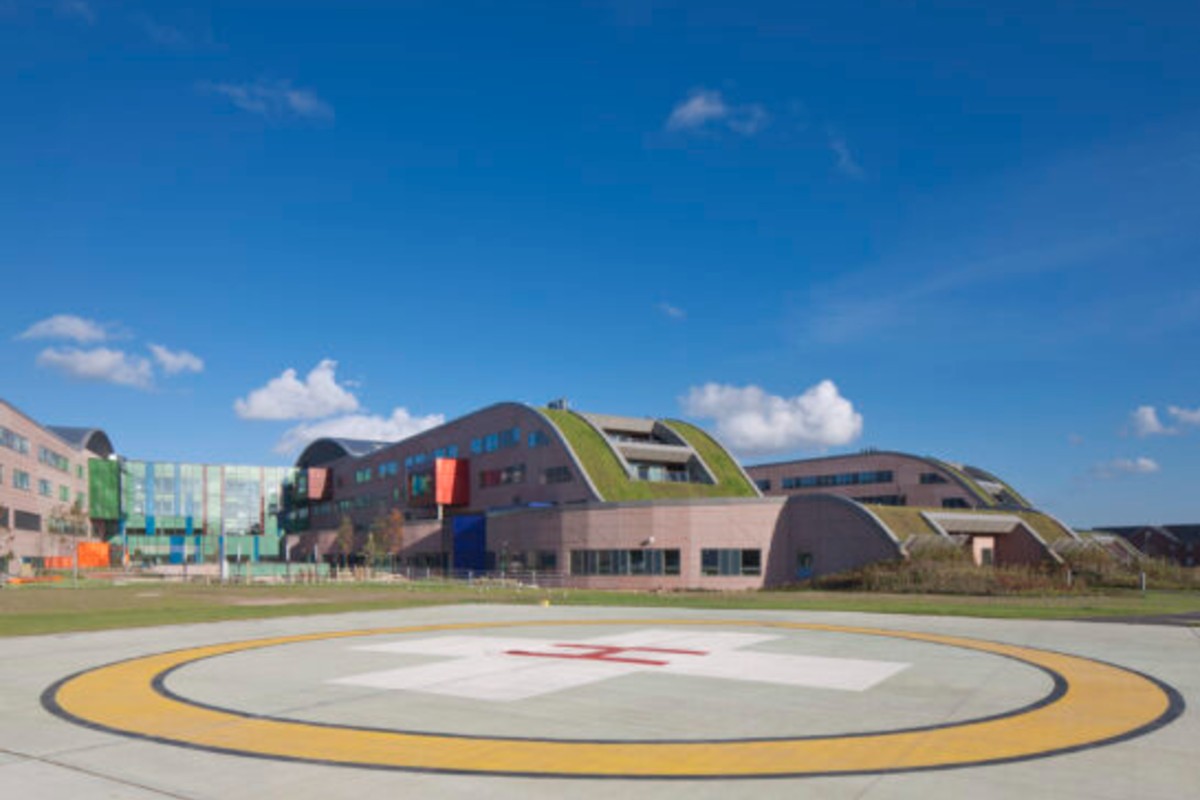This means so far 1,696 elective procedures and 10,083 acute outpatient appointments have been postponed at the trusts since the attack on 3 June.
In addition, Synnovis has confirmed that it has successfully rebuilt its core IT systems. As a result, testing services for GP practices in Bexley, Lewisham and Greenwich returned to Synnovis on 15 August.
Synnovis chief executive Mark Dollar said: ‘I am pleased to report that GP services in three of the six boroughs we serve transferred back to Synnovis on 15 August, and everything went smoothly. Testing turnaround times are as they were pre-cyber attack, these GPs now have access to full testing services including routine/non-urgent requests, and the hub laboratory is operating effectively using end-to-end automation thanks to the successful restoration of core IT systems.
‘There are plans to repatriate the remaining three boroughs [Southwark, Lambeth and Bromley] in controlled phases by mid-September. The majority of hospital services are now operating effectively, as they were before the cyber attack.'
Full restoration of blood transfusion services remains planned for early autumn, meaning that mutual aid will continue to be required for planned operations and transplants to minimise the ongoing impact on patients.
Most systems are now fully restored, with various services back to running at pre-cyber attack levels, including the majority of blood sciences, tissue sciences and genetics. Infection Sciences are expected to be up to full capacity by the end of August. Plans are on track to restore blood transfusion services by the autumn.
Sam Hepplewhite, Director of Prevention and Partnerships, NHS South East London, added: ‘We are pleased that the repatriation of testing services to Synnovis has gone well so far, but continue to monitor the situation carefully. We look forward to repatriating the other three boroughs soon.'



